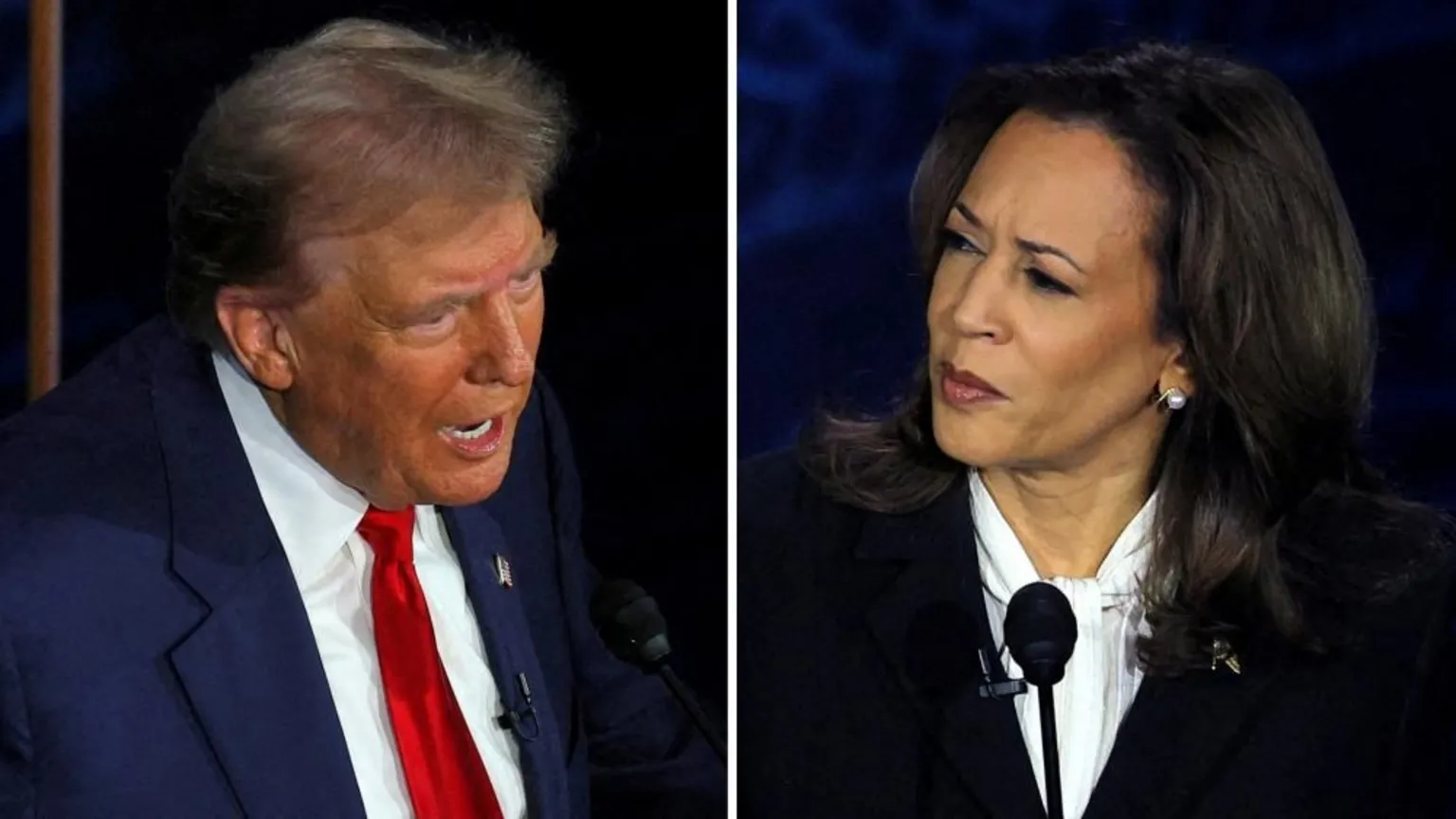In a surprising move, former President Donald Trump has revoked the security clearances of Vice President Kamala Harris, former Secretary of State Hillary Clinton, and several other prominent critics. The decision has sparked a fresh wave of political controversy.
According to sources, Trump justified the move by citing “national security concerns” and alleged misuse of classified information. However, critics argue that the decision is politically motivated, targeting individuals who have openly opposed him.
Hillary Clinton, who has been a frequent subject of Trump’s attacks since the 2016 presidential race, condemned the action, calling it “an abuse of power.” Vice President Harris also responded, emphasizing that security clearances are a matter of national interest, not political retribution.
Legal experts suggest that the legality of revoking security clearances post-presidency remains a gray area. While Trump holds significant influence within the Republican Party, his authority to enforce such decisions is limited without an official position.
The White House has yet to release a formal statement regarding the revocation, while lawmakers on both sides are divided over the move. The incident is likely to fuel further debate on the use of security clearances as a political tool.
This development adds another chapter to the ongoing political battles surrounding Trump’s influence and the polarized state of American politics.

